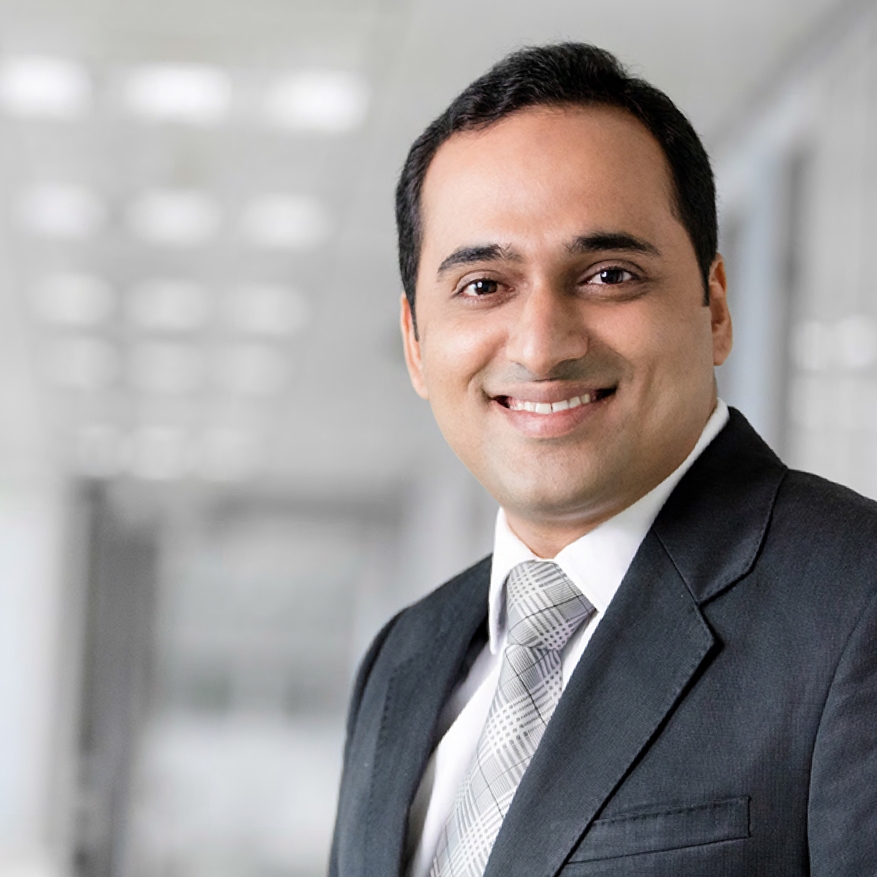When Michelle joined the Reserve Officers Training Corps as a student at North Carolina State University, in part to defray the cost of college, she didn’t anticipate how officer training would pay dividends long after her military service had ended.
Back when Michelle started college, she figured she'd use her love of math and science to pursue an engineering degree. But she soon decided accounting was more to her liking. A career in banking wasn't even on her radar. It was only years later, after her active military stint, that Michelle would explore the world of finance, starting out as a Financial Advisor in a large company that ultimately became a part of Morgan Stanley, where she switched tracks—from giving financial advice to managing operational risk and, later, compliance issues, two roles where she could apply the problem-solving skills she learned as an executive officer in basic training.
Morgan Stanley also gave her the chance to stay connected with veterans, both as a mentor within the firm to others who had served and through various philanthropic efforts. "There are a lot of opportunities here for me to be able to use my work resources to help the community," she says.
Michelle recently took some time to talk about her career at Morgan Stanley.
What is your current role?
I am an Executive Director in the Legal & Compliance Division. In 2015, I joined a team that was building compliance systems in response to a new regulation called the Volcker rule, which put limits on risk-taking and trading by banks. We had to figure out how to put in place a program that would satisfy the requirements and be effective but that was sustainable and would minimize the burden and resources required to keep it going.
More recently, I’ve gotten involved in a similar project focused on risk management across our business lines, board governance, and internal controls.
Tell us about your background in the military.
In college, I joined the Reserve Officer Training Corps and was able to get a scholarship to help pay for school. When I graduated, I went on active duty as a finance officer in the Army, initially stationed in Korea at Camp Casey. After a year, I moved to Fort Jackson in upstate New York, where I was the executive officer for basic training. My job was to plan, organize, and execute everything, so that the commander could show up, observe, and talk to people and nothing would go wrong. After two years, I moved to New York City and got my first civilian job as a Financial Advisor at a firm that became a part of Morgan Stanley.
What is your typical day at Morgan Stanley like?
Well, thankfully, days are not always typical. That's kind of how I like it. We cover Asset Management, Wealth Management, and the Institutional Securities Group, so we’re always plugged into plenty of different forums to make sure that we're maintaining open lines of communication. Part of the job involves answering individual questions that come from desks related to their specific clients, trades and processes.
A lot of the job is problem-solving and trying to figure out ways that we can support the business. We already have a robust compliance program that includes a lot of controls across the firm; my role is to help figure out how we can do things smarter and how we can leverage what other people are doing so that we don't have to build a new system.
What about Morgan Stanley do you like the most?
I like the size of the firm. There's so much that you are exposed to, but it's not so large that you drown in bureaucracy or feel unable to find the people and resources that you need. As you build up a network here, that network becomes really powerful. It only takes one or two connections, as opposed to having to go through six or seven people, to try to find the answer you need.
Have you found mentors at Morgan Stanley?
Yes, 100 percent. I wouldn’t have the role I have if that were not the case. It took me a while to figure that out. Growing up, I took a lot of pride in being able to do things myself, without any help. But a couple of years into my career, I realized that doesn't work. In building your career, you have to own it, and you have to take control of it, but you also have to have people help you succeed. So, yes. I've had—I still have—a lot of mentors.
Describe your work with veterans.
I'm super active with the Morgan Stanley Employee Veterans' Network. Often, it’s one of the highlights of my day. In addition to doing a lot of internal mentoring and recruiting efforts to make sure that we get more veterans coming to Morgan Stanley, we organize philanthropic partnerships in our communities. Much of our work at the moment centers around teaching financial literacy to veterans.
We rolled out a program that focuses specifically on that at the end of last year. It took a while to get up and running, because the team worked on it on a volunteer basis, outside of our day jobs. But, to have us all work together for the better part of a year and then finally have it launch was a really cool deal.












